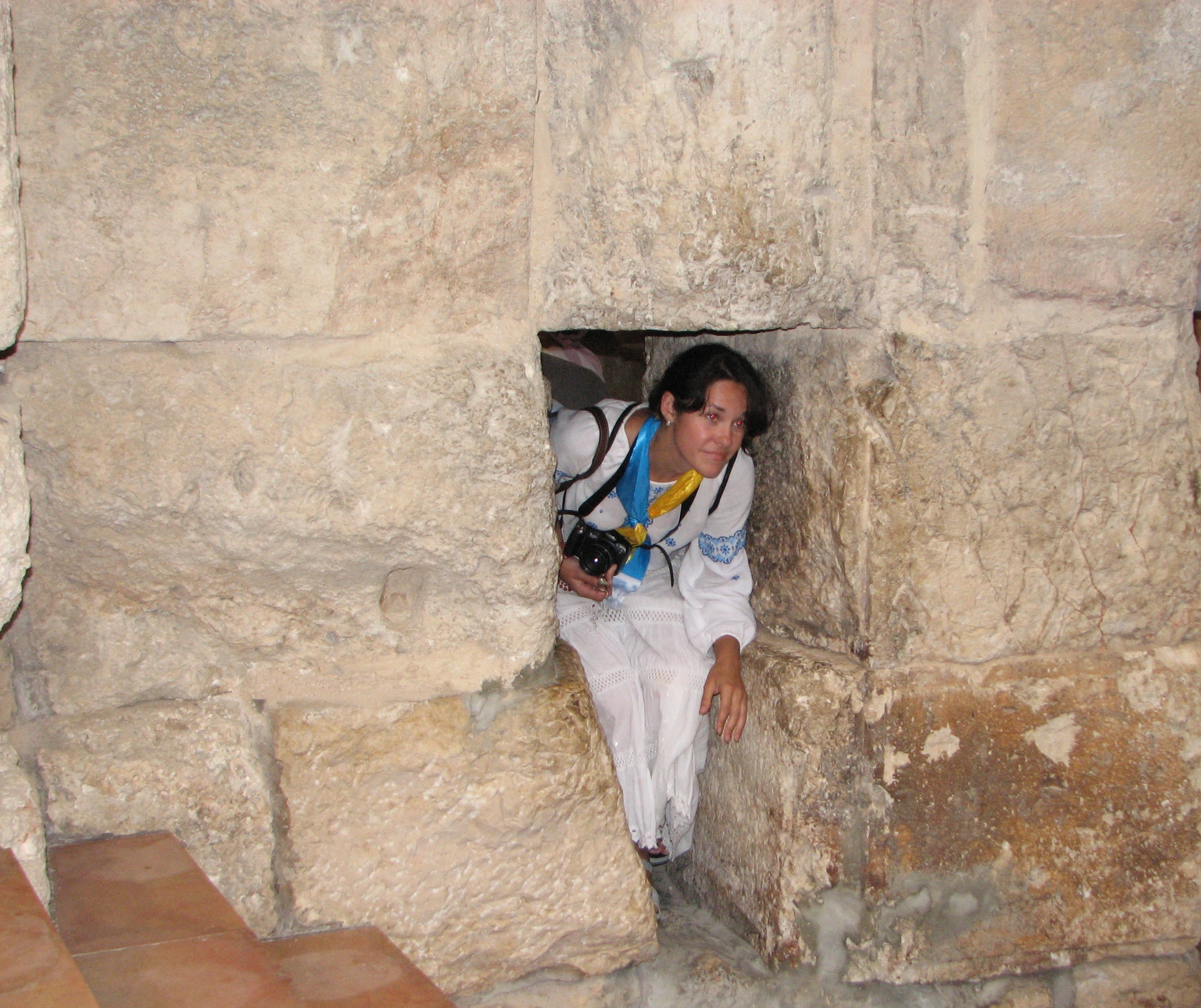Here's another big question I've had growing up in the Church. What does it mean when Jesus says it's hardly possible for a rich person to enter heaven? This seems to be a big paradox to me, which I'll explain...
First, in Matthew 19, a rich man approaches Jesus and says he's followed the Law of Moses and the commandments. He asks: "what lack I yet?" (verse 20). And then Jesus suggests that he sell everything he has and give it to the poor.
In response, the rich man walks away in sorrow.
And Jesus says to his disciples:
... a rich man shall hardly enter into the kingdom of heaven. (Matthew 19:23)
Ouch! Sounds a little harsh. Jesus continues on ...
... It is easier for a camel to go through the eye of a needle, than for a rich man to enter into the kingdom of God. (Matthew 19:24)
Pouring salt on that wound! I'm not sure what the definition of a rich man is -- but I'm getting a little worried here. It's worth noting: many believe the words "eye of a needle" refers not to an actual needle, but rather a small passageway in some walls of Jerusalem. It's small enough for a human to pass -- but good luck getting a camel through there. This changes the meaning of His statement: rather than basically saying "impossible," he refers to a concept in which a task is feasibly possible with enough effort.
And if "rich" means: "anyone who is not poor, homeless, etc.", then a lot of us are in trouble. But this doesn't make sense. If everyone were to sell everything they own -- well, for starters, who would buy the stuff (as they wouldn't be going to heaven)? And how could any meaningful society function?
Perhaps the disciples were thinking along the same lines when they asked:
Who then can be saved? (Matthew 19:25)
And Jesus' answer:
With men this is impossible; but with God all things are possible. (Matthew 19:26)
Okay: so we have a chance?
In my case: I'm richer than some, but there are many who make hundreds and thousands times more what I do. I give a chunk of my money to charity. I also have a mission, which is to help change lives and help to raise others up through music and the written word. This all requires money. I need to be able to support my family, and my mission is evidently not a self-supporting steady stream of income, so I must get "rich" through other means if I have any hope of succeeding in my mission.
And I observe many rich people in my Church. Following its teachings -- especially those centering on self-reliance, it's easy to become successful and "rich." And many of these members also donate a large chunk of their money to charity. And I often see them providing service without pay -- helping neighbors in need, participating in service projects, etc.
Surely all of these people aren't doomed to fall short of heaven because of their successes.
Then again, if I flip my view outside the Church ... outside of Christianity ... outside of any religion, I see a big correlation between richness and a lack of faith. I've seen many who feel no need to believe in any kind of God. Maybe they give to charity, or maybe they're just too busy living their extravagant life style. Why does one need religion when they already find happiness in all the things and events surrounding them in their everyday life?
Perhaps this is what Jesus is talking about?
But then again, the rich guy visiting Jesus seemed to already believe and was already taking action to show his faith -- like what I do. So, then I start worrying again. I can't sell all my stuff. I can't do that to my family. I can't give up my stewardship. I can't turn myself into some hermit monk who'd have absolutely no power to help others while selfishly cutting myself off from interacting with others while trying to obtain some enlightenment that would maybe gain me entrance into the kingdom of heaven. That doesn't sound like the way one should gain salvation.
Okay -- I'm still trying to figure this whole thing out. Y'all got any ideas?
P. S.: After I had typed up this quick post -- it kept bugging me: hadn't I already written about this? Sure enough -- two years ago, this is what I wrote. A lot of it is the same, but there are enough differences that this version is worth publishing.
